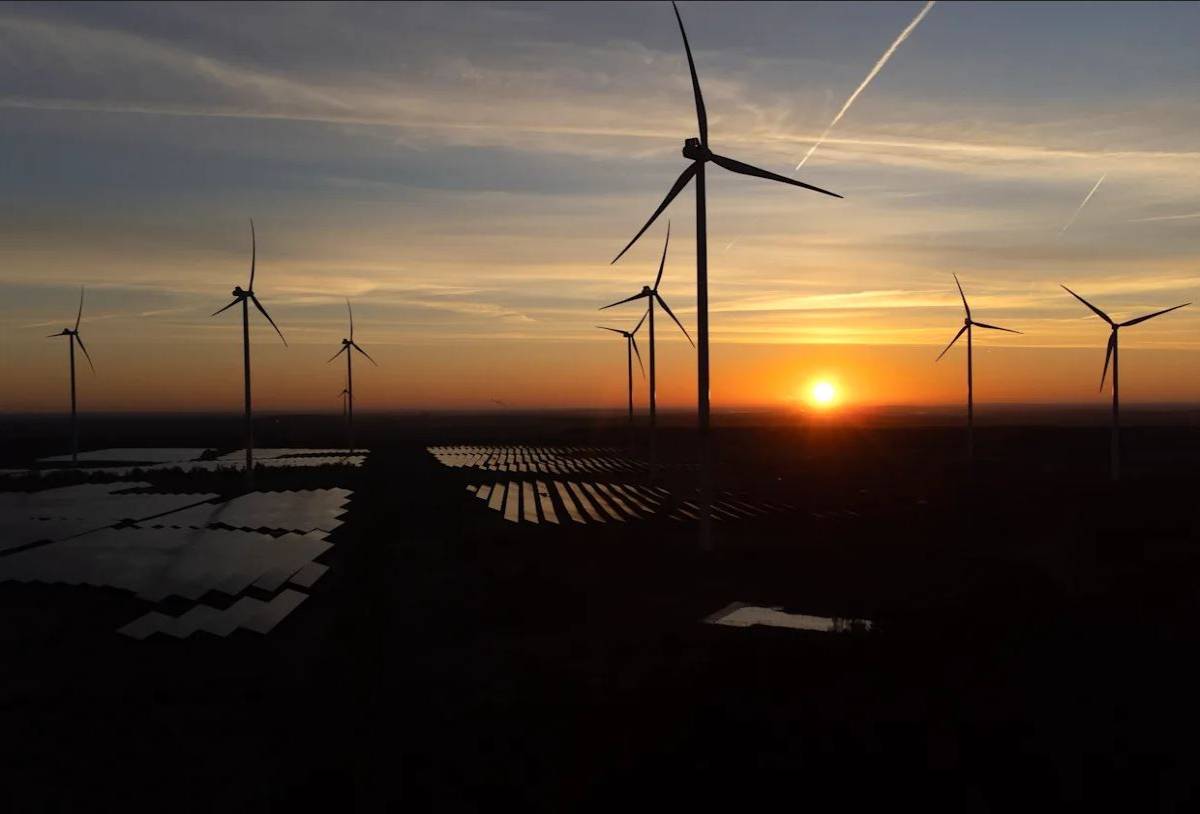2326 Views
Labour’s Green Mirage: Is Their £8.3B Energy Plan Saving Britain or Just Saving Face?
The "Great British Energy" (GBE) initiative, introduced by the Labour Party, is positioned as a cornerstone of its vision to address the UK’s energy crisis and transition to a cleaner energy future. This state-owned company, to be headquartered in Scotland, aims to invest in renewable energy sources, create jobs, and reduce energy bills—leading the UK to carbon-free electricity by 2030. However, the plan has drawn considerable criticism, with detractors arguing it is more focused on political branding than practical solutions, overlooking urgent public needs and potentially disrupting the energy market.
GBE is touted as a strategic policy to transform the UK into a "clean energy superpower." The £8.3 billion initiative will be funded by increasing windfall taxes on North Sea oil and gas operators from 75% to 78%. It intends to invest in wind, solar, and tidal energy, create 53,000 clean energy jobs, and reduce annual household energy bills by up to £300.
Still, the absence of a clear financial and technical roadmap has raised doubts about the feasibility of the plan. For example, the timeline and specific mechanisms for meeting its ambitious goals remain vague, leading some to see it as an election gimmick. A 2022 article in New Statesman noted that 72% of 2019 Conservative voters supported a state-owned energy company, suggesting that GBE is strategically crafted to attract a wide voter base. The lack of short-term deliverables reinforces the perception that GBE is more about optics than confronting the immediate energy crisis.
With millions of UK households facing energy poverty and skyrocketing bills, GBE’s focus on long-term clean energy has also drawn criticism for ignoring urgent needs. Amid a cost-of-living crisis, Labour’s allocation of £8.3 billion to a project with unclear short-term impact has been questioned—especially when alternatives like energy subsidies or home insulation programs could more directly relieve household burdens.
Additionally, the Green Party has called the £8.3 billion investment insufficient to achieve carbon-free electricity by 2030, noting that Labour cut back on its broader green spending plan earlier in 2024. This raises concerns that GBE may neither fully meet climate goals nor effectively address immediate economic challenges, leaving households vulnerable while resources are funneled into an uncertain project.
Creating a state-owned energy company and proposing increased oil tax rates has also raised fears about market disruption and investor confidence. Energy experts warn that GBE could expand bureaucracy and discourage private investment, which is vital for scaling renewable infrastructure. The Scottish National Party (SNP) has accused Labour of endangering thousands of jobs by halting new oil and gas licenses and raising taxes—actions that could destabilize the energy sector. Estimates suggest such policies could result in up to 100,000 job losses, especially in Scotland’s oil and gas industry.
Moreover, Conservatives have dismissed GBE as an unfunded plan with no "immediate impact" on energy costs, arguing it may further destabilize the market. These criticisms highlight the potential for GBE to create uncertainty and deter private sector engagement, which is essential for a successful energy transition.
Even within Labour, GBE has revealed internal divisions. Some members privately admit that the proposal is more about voter appeal than substantive policy. This lack of internal consensus could weaken its implementation. Internal and external critiques suggest that GBE may struggle due to insufficient unified support within Labour and its allies, jeopardizing its effectiveness.
Globally, examples of state-owned energy firms serve as cautionary tales for GBE. France's EDF, often cited as a model, was fully nationalized in 2022 to ensure energy sovereignty and price control amid soaring costs. Yet EDF faced major challenges, including high debt and operational issues, with half its nuclear fleet offline for repairs in 2022. Similarly, India’s Bharat Energy has been criticized for inefficiency and corruption, underscoring the risks of mismanagement in public-sector enterprises. With a relatively modest £8.3 billion budget, GBE may face similar financial and operational hurdles.
In conclusion, the UK currently faces a strategic energy crossroads. Its ambitious 2030 carbon targets, pressure to combat energy poverty, and budgetary constraints create a complex challenge for policymakers. If plans like GBE lack execution clarity and coordination with other market actors, the country risks missing its environmental targets while losing public trust and financial resources. Navigating this crisis will require a clear strategy, optimized resource allocation, and political consensus—or else hollow promises will quickly unravel, and the energy crisis will persist.
*Translated by Ashraf Hemmati from the original Persian article written by Amin Mahdavi

Comment
Post a comment for this article